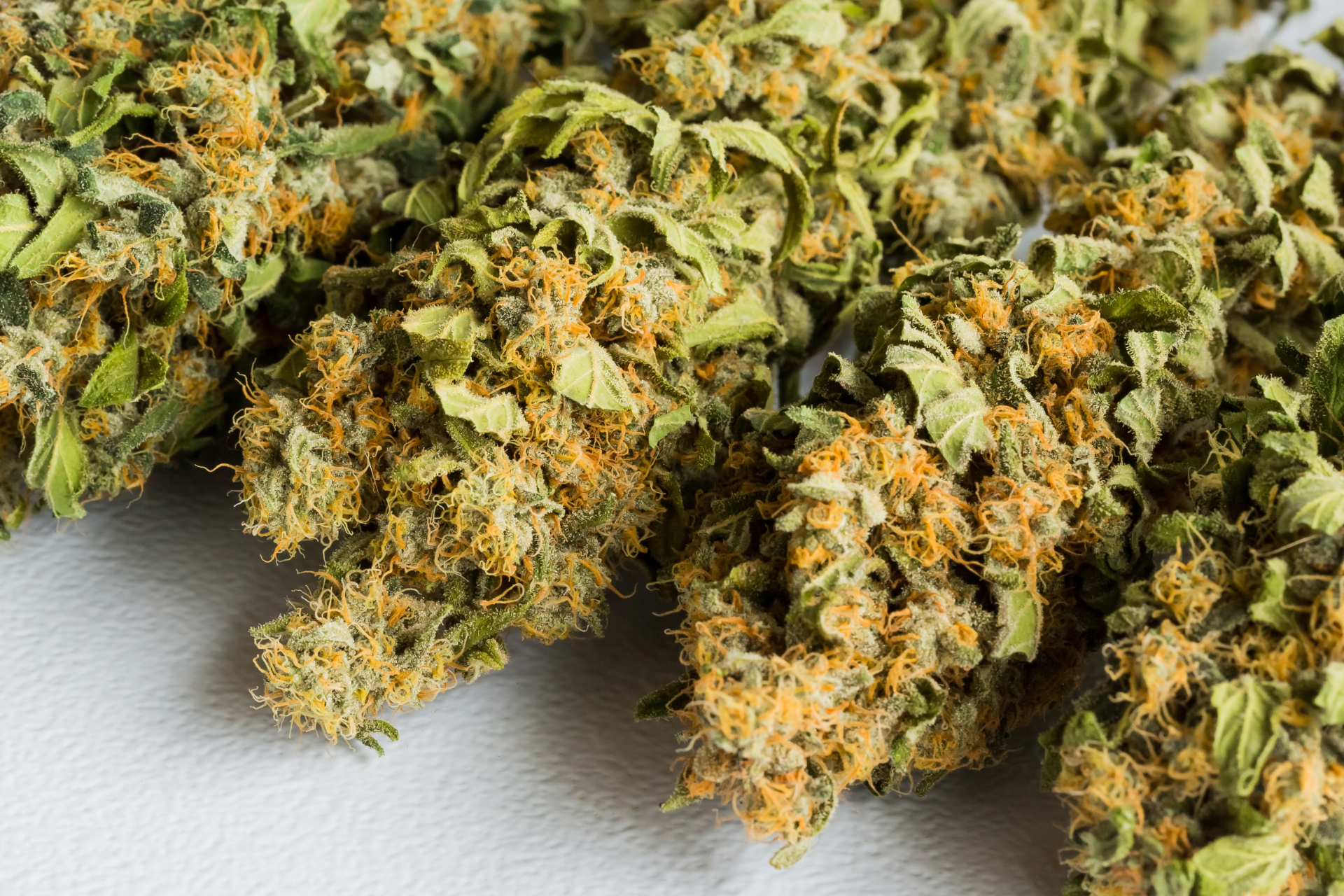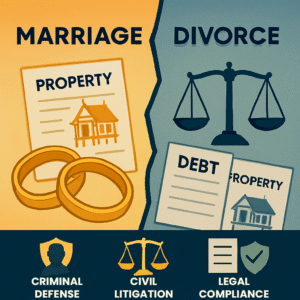The Laos Ministry of Health published Decree on the Control of Medicinal plants and Commodities (No. 3789/SorThor, dated December 28, 2022), approving the cultivation and distribution of hemp and cannabis sativa L. for medical purposes, along with the regulations that entities must adhere to. The Decree was issued after the nation established a task force committee to research the potential of cannabis for medical use.
According to the Decree, seeds made from cannabis sativa L must be registered, have their sources of origin authorized, and have a tetrahydrocannabinol (THC) content limit of 1% per weight under the ministry’s permission. Tetrahydrocannabinol (THC) is limited to 0.2 percent for both raw and processed products and must not exceed 1 percent by weight, according to the ministry, which enables approved enterprises to utilize CBD for primary medicinal objectives.
Businesses must obtain approval from the Ministry of Planning and Investment and the Ministry of Health to cultivate, extract, produce, process, store, distribute, use, import-export, and transport hemp and cannabis sativa L. Unauthorized activities may result in penalties under the Penal Code and the Narcotics Law.
The Decision also sets forth general standards that apply to enterprises engaging in certain allowed activities, including that they must hire a certified pharmacist or chemist who holds a bachelor’s degree from a “relevant institution” and has at least five years of experience.
According to the Decree, seeds made from cannabis sativa L must be registered, have their sources of origin authorized, and have a tetrahydrocannabinol (THC) content limit of 1% per weight under the ministry’s permission. Tetrahydrocannabinol (THC) is limited to 0.2 percent for both raw and processed products and must not exceed 1 percent by weight, according to the ministry, which enables approved enterprises to utilize CBD for primary medicinal objectives.
A closed atmosphere and facilities are also requirements for certified businesses in order to preserve product quality. As long as they include recommendations on the product label, health supplement products with CBD as the main ingredient and THC concentration below 0.2 percent of the product’s weight may be marketed.
Cosmetics, drinks, and aromatic oils registered by the ministry’s Food and Drug Department with CBD as their primary constituent may also be sold, distributed, and used generally.
Further rules are anticipated to be released. Notwithstanding the usual limits that apply to foreign investment in Laos, the Decision does not impose restrictions on foreign investment in these activities.
It is important to note that unlike in Thailand, all forms of cannabis are still illegal to produce, sell, and use according to the Penal Code (2017) and the Law on Narcotics (2007).
Contact Nathan Wood at nathan@wsrlawgroup.com for further details on advancements in hemp-related or cannabis-related activities in Thailand and Laos.





